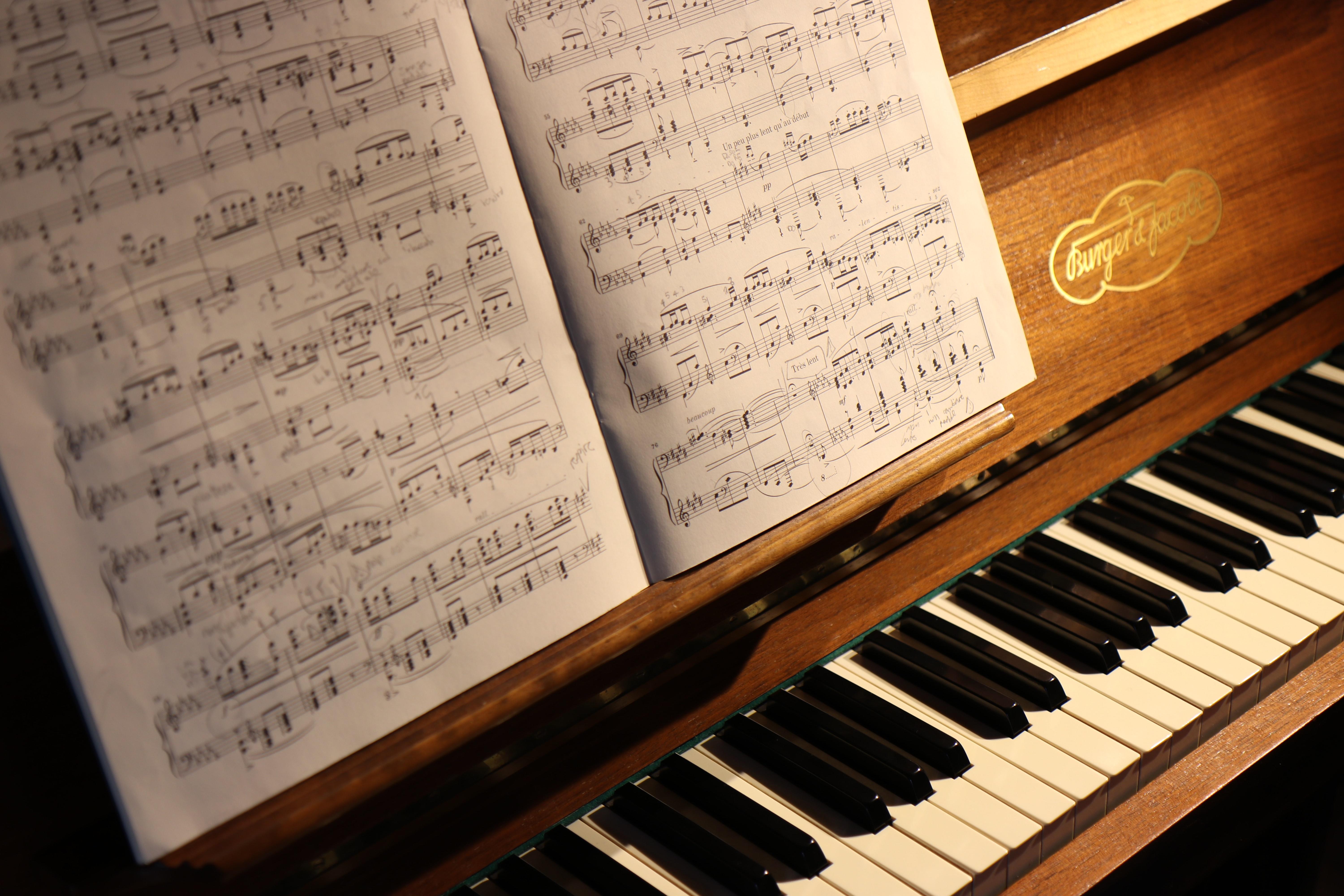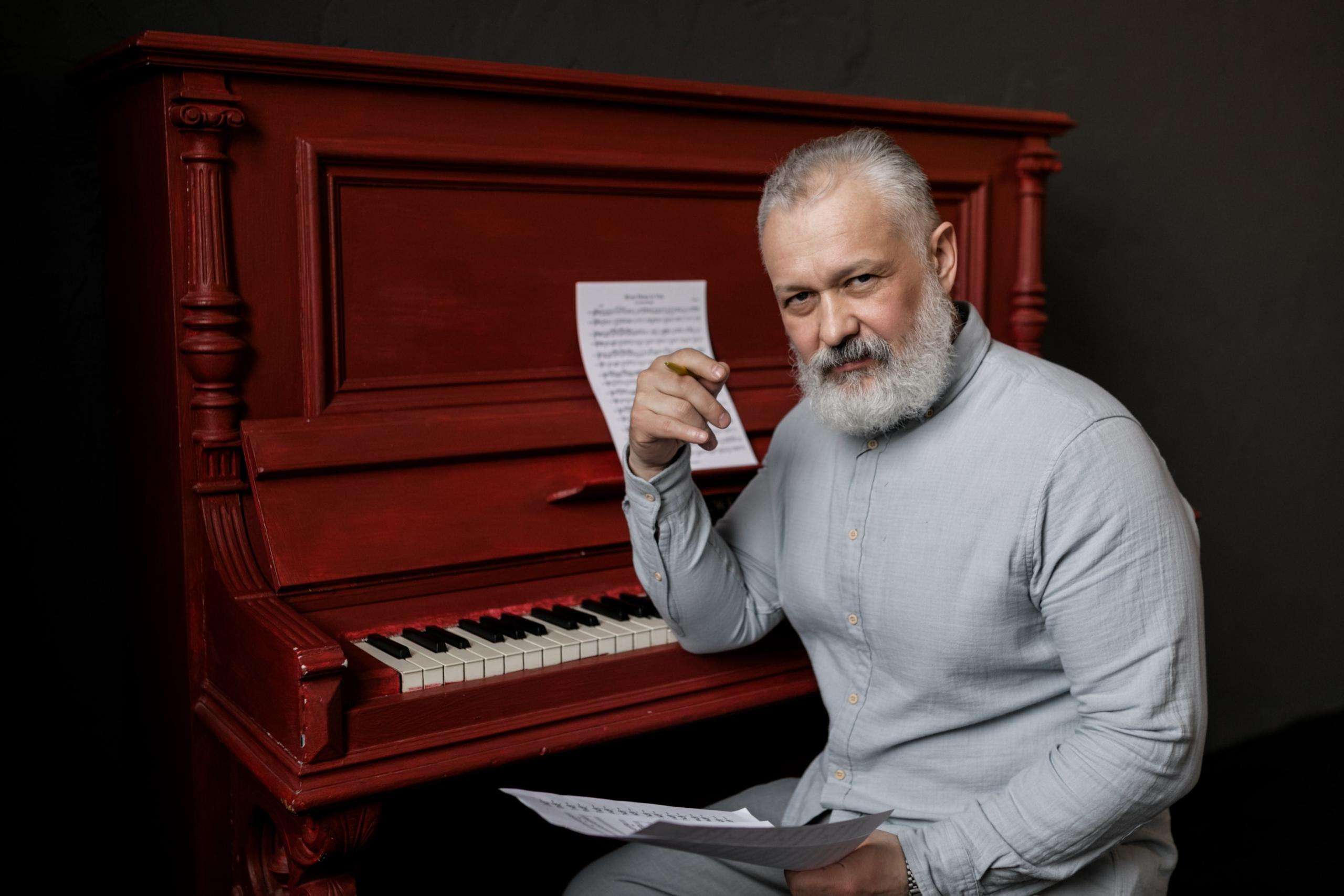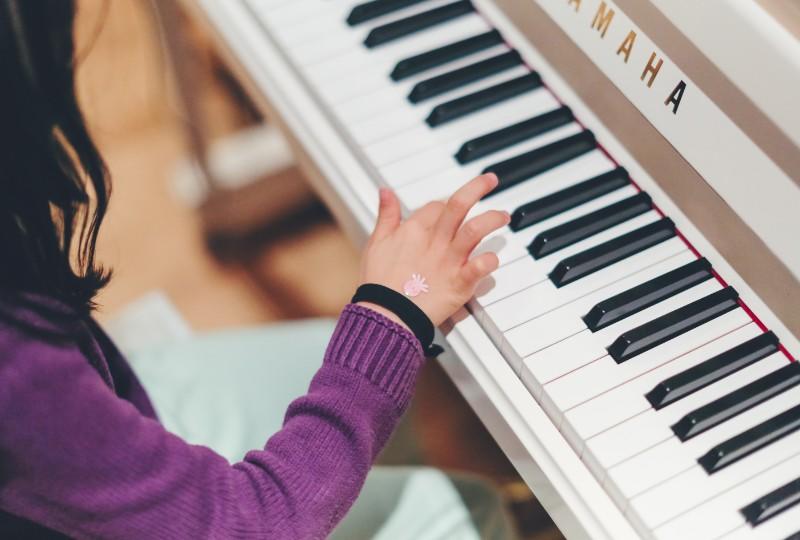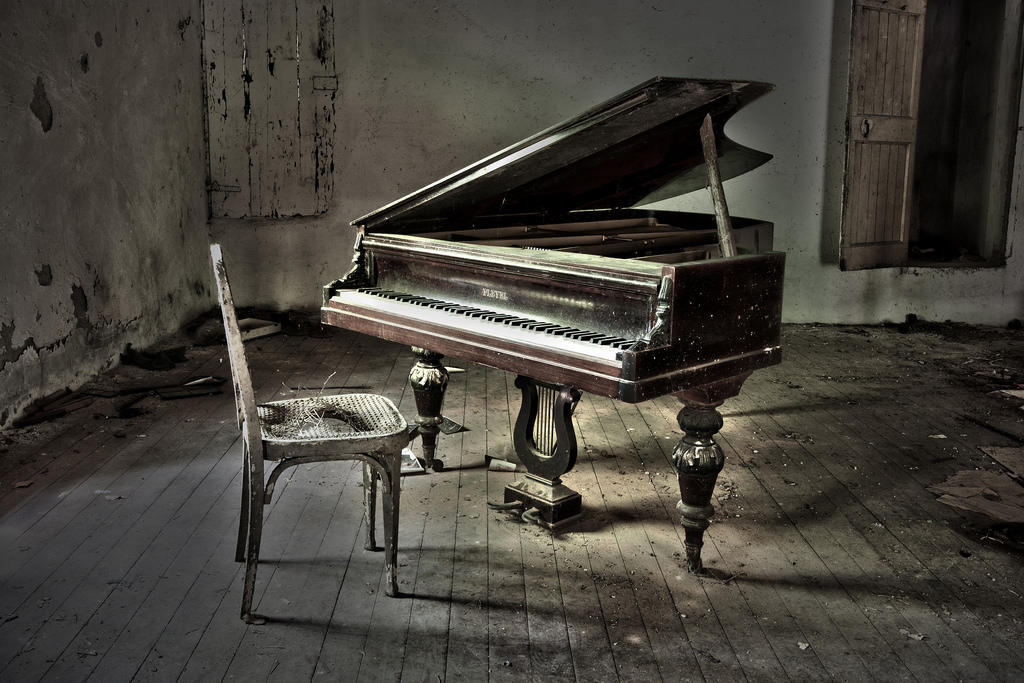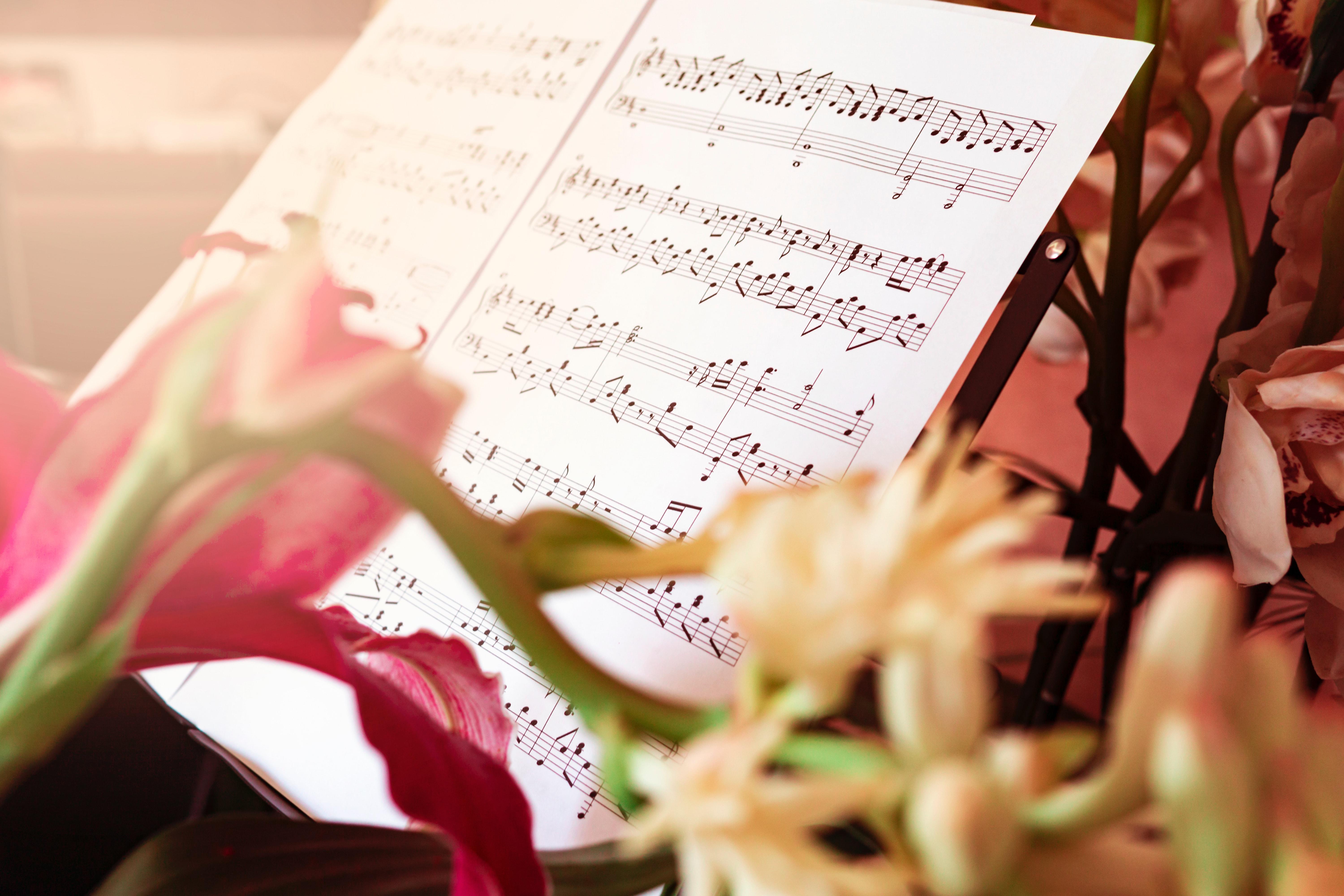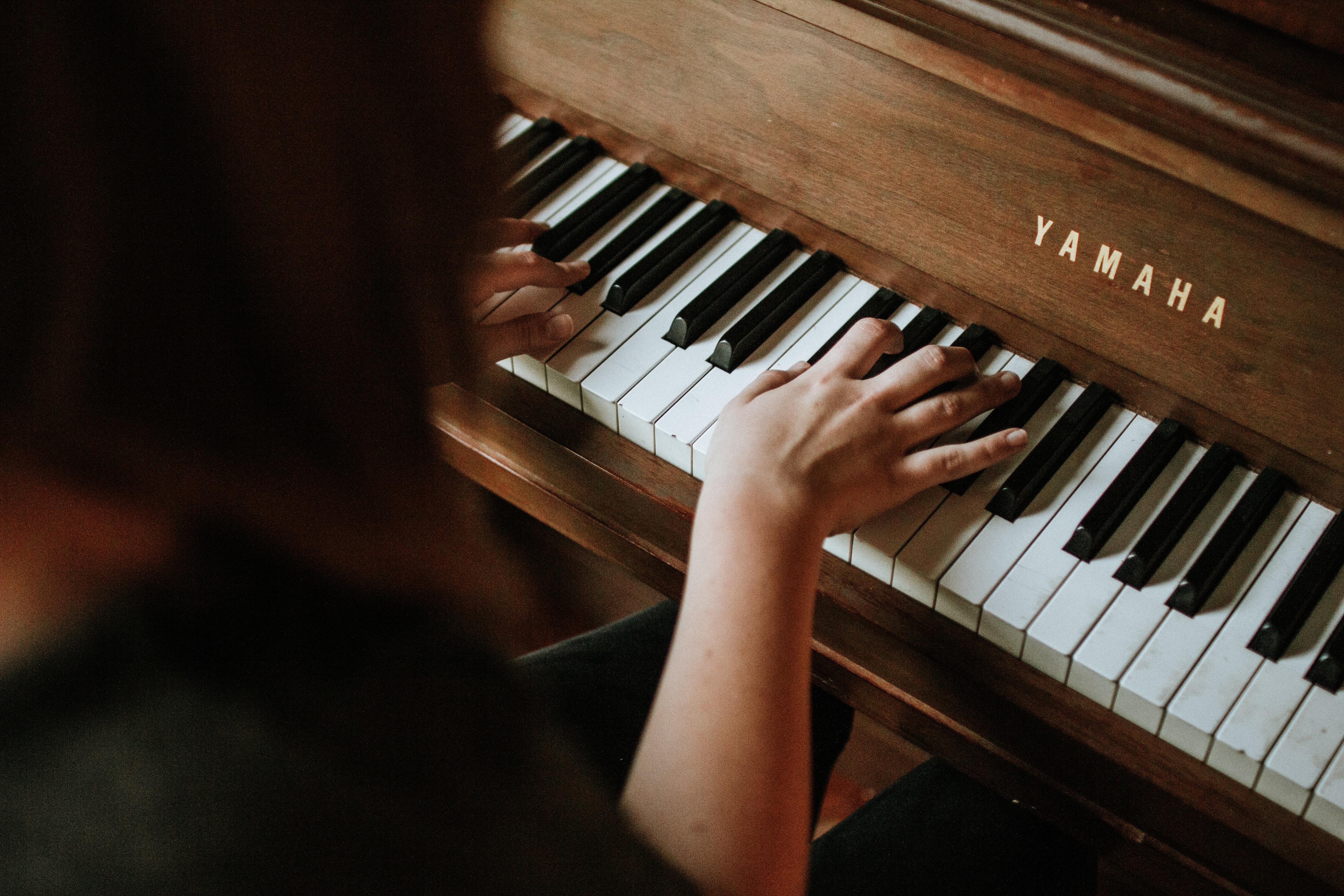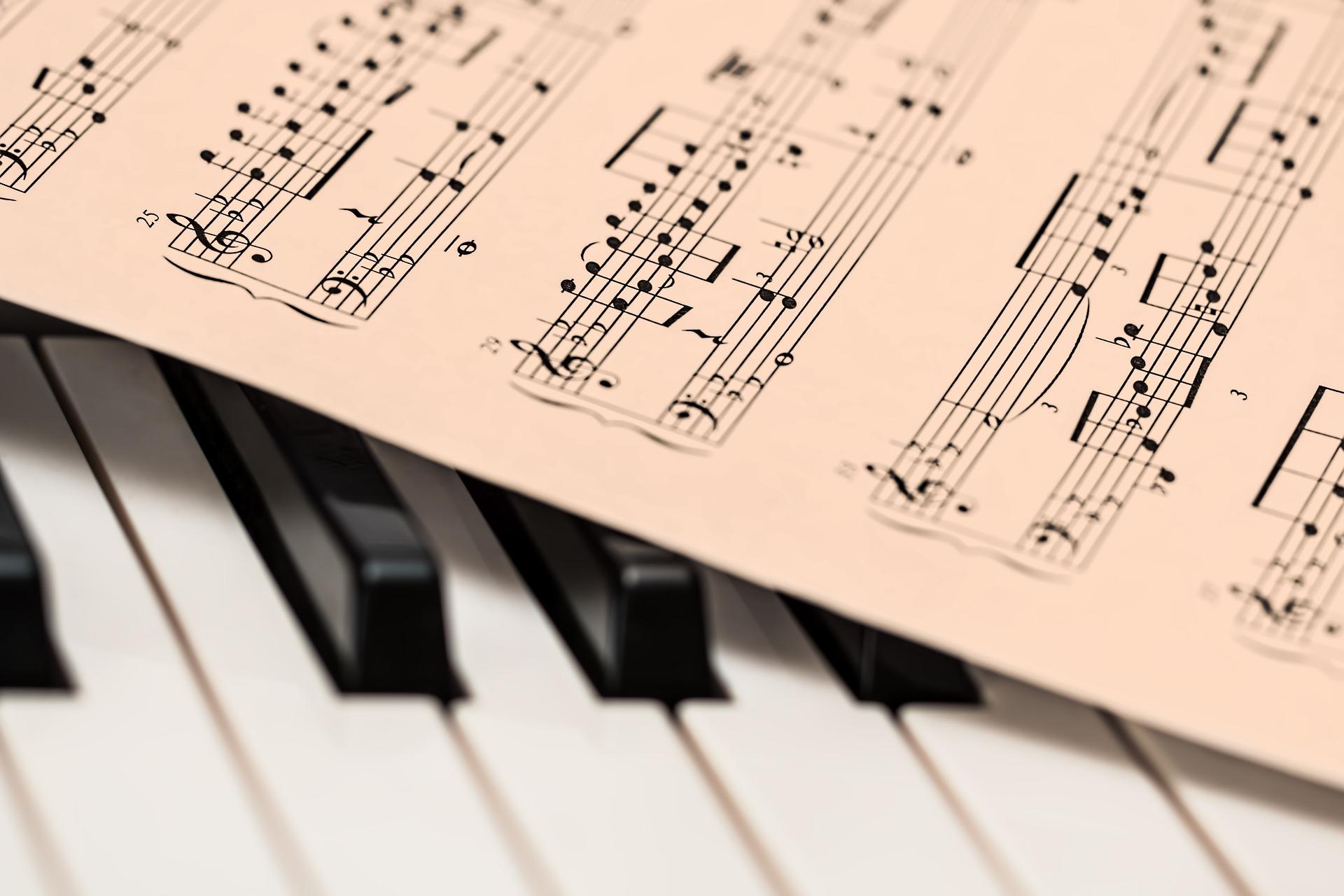When you first try and learn to play the piano or another instrument, you might be tempted to go it alone, like many others who have done so before. There’s a certain romanticism around the idea of teaching yourself to become a master pianist or guitar player. While we certainly believe it’s possible to do it all yourself, it’s an incredibly time-consuming process that’s riddled with frustration and hindered by slow progress. In most cases, we don’t have the faintest idea where to start when trying to learn piano, so going it alone is out of the question. It’s a good idea for most aspiring musicians to lean heavily on assistance from peers, online resources, and perhaps most of all, tutors. Piano tutors and piano teachers are musicians who’ve done it all before. They’ve been in the same position you’re in right now and know exactly how to learn piano, so they’re in an excellent position to guide you along the same journey. How long does it take to learn the piano? Well, it’s hard to say as it will be based on your definitions of success, but working with a tutor will get you there much faster. Tutors can see your blind spots, address your common mistakes, and offer guidance when you start to lose motivation. They can be an essential part of the learning process, and can certainly speed things up. 

Learning Piano as an Adult
Learning piano as an adult can be a thrilling pastime, and one which occupies those rainy afternoons at home when you don’t know what to do with yourself. It’s also a great way to entertain yourself and your friends, and fun skill to work on.
Swallow your Pride
As an adult learner, you’re going to have to swallow your pride and accept the fact that you’re starting now and not when you were a child. It’s important not to go into the process with any kind of ego since this can disrupt the student-tutor dynamic. Even if you know a few things about piano or music, it’s best to go into the process with a clean slate and adopt the beginner mindset. That means sitting back and allowing the tutor to guide you through the process. It could be that you learned how to play at a basic level in school, and you’re keen to show the tutor what you know, but in most cases, it’s best to take a back seat and assume the role of the student eager to learn. One advantage you might have over the younger learner is that you can find a tutor whose communication style works for you. That means you can work with a tutor that knows how to motivate you and knows what teaching style is best for you. As a child, you likely don’t have much of a choice and that’s a shame because it can influence whether or not you stick with the piano.
Play for Fun
If you’re picking up piano for the first time later in life, then it’s likely that you aren’t doing so solely to achieve certain grades. If you are, then that’s great, all power to you! But for most of us, when we develop an urge to play an instrument later in life it’s because we want a creative outlet or a fun way to pass the time. As such, you should try your best to never lose sight of this. If you find that learning the piano feels like too much of a grind at any point, take your foot off the gas, and let yourself play for fun. Whether that means finding a simple song online to try and play or just freestyling, let your hair down from time to time and actually enjoy the process of playing.
Listen to Learn
To learn the piano, you need to work on your listening skills. Not only will you have to listen to and follow the instructions of your tutor, but you’ll also want to listen to songs. What better reason is there to go down the rabbit hole with certain genres of music such as classical than playing the piano? Listen to styles of music you’d usually ignore, and get a feel for what the piano sounds like when it’s played well. You might not be able to reproduce that level any time soon, but you can gain a deeper appreciation for the instrument and those that play it. Find good piano lesson here on Superprof.
Left Hand Technique Piano
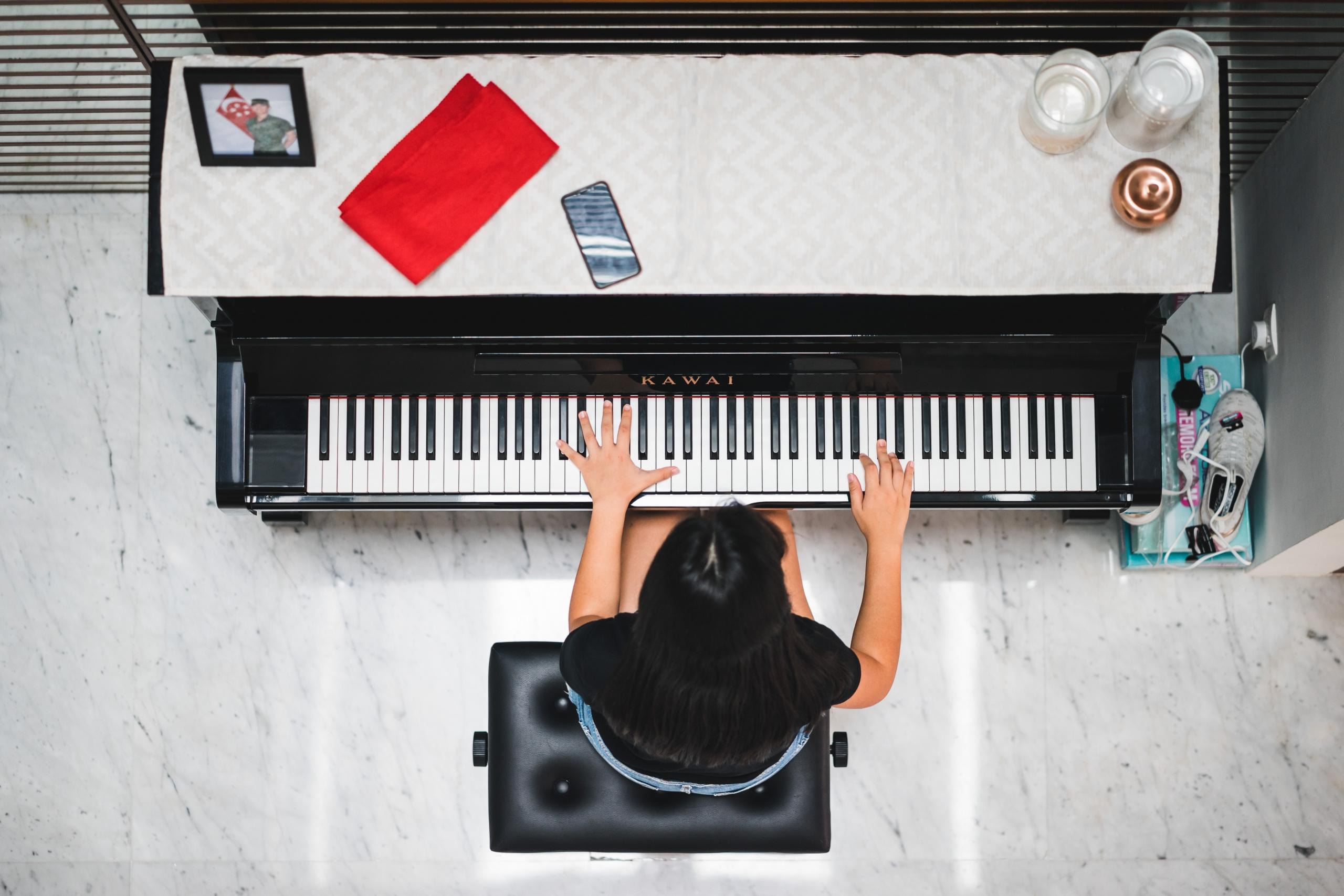
The Importance of Studying Music Theory
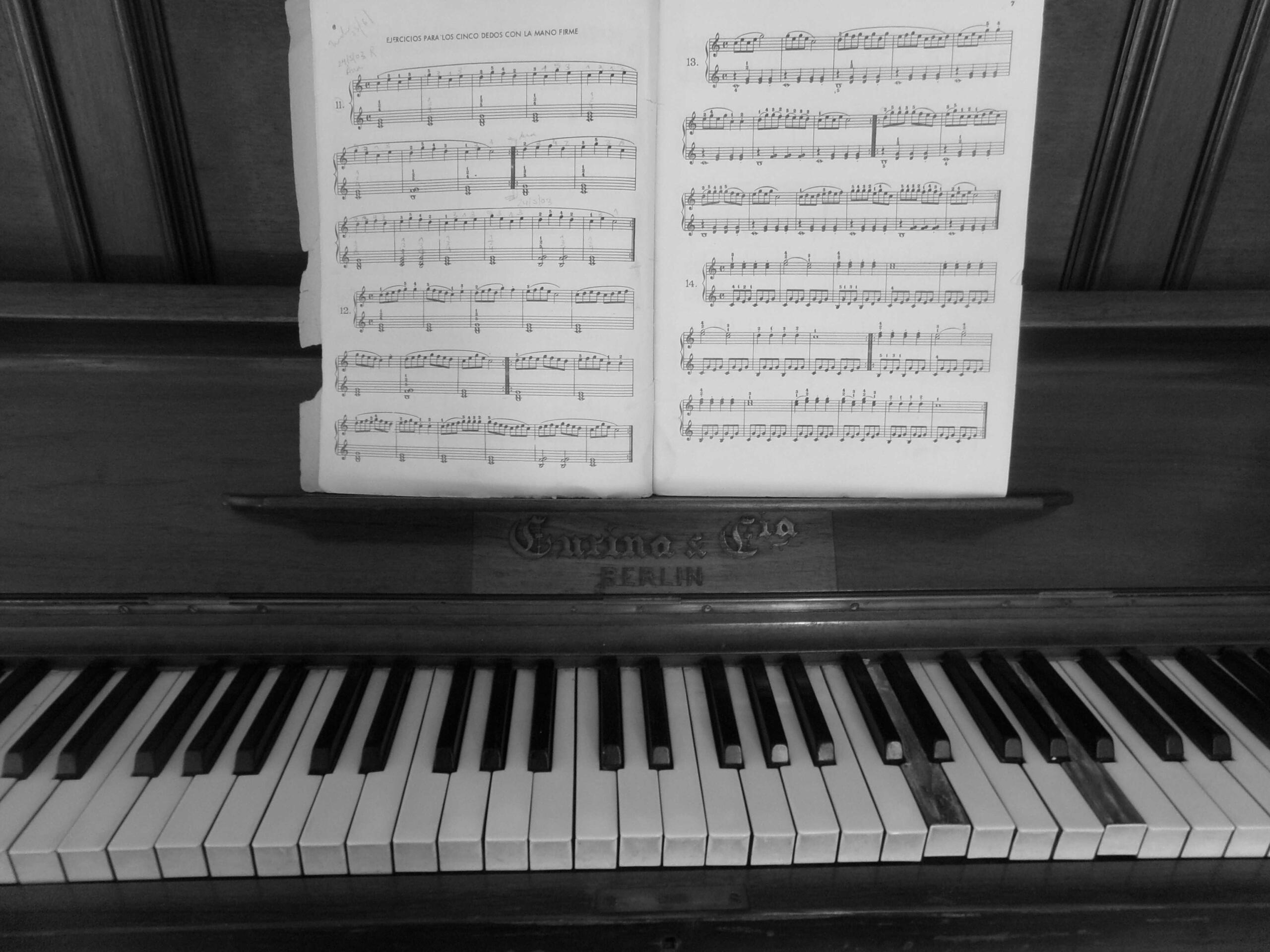
Piano Songs for Each Level
According to your level of experience, you’ll want to have a song or two that you can work towards. Songs are not only fun to play, but they can be great milestones to have to track your progress with the instrument. As such, let’s take a look at some different songs that are suitable for each level of experience with the piano.
Beginner
Camila Cabello - Havana A fun pop song to work towards, ‘Havana’ by Camila Cabello can be quite challenging but it’s still simple enough for beginner pianists. The good news for those that struggle to keep up with their left hand is that there is a chorus with the left hand which repeats over and over.
Intermediate
Ludwig Van Beethoven - Sonatina in G, Anh. 5, No. 1 For those of you further down the road, this song from piano prodigy Ludwig Van Beethoven is a great one to challenge yourself with. It features lots of twists and turns to keep you on your toes, including arpeggiated chords with the left hand.
Advanced
Claude Debussy - Clair de Lune If you’re a seasoned pro, then ‘Clair de Lune’ from Claude Debussy is a good song to try for. It features a complex rhythm and requires a level of finesse that only experienced pianists will have. You can learn these songs with the help of a tutor, and Superprof is a good place to find one in your area. Online piano teachers are an option too with Superprof, and you can search locally by entering ‘ piano teacher bristol’ into your search engine for example. Find more piano teacher crouch end here on Superprof.
Summarise with AI:

